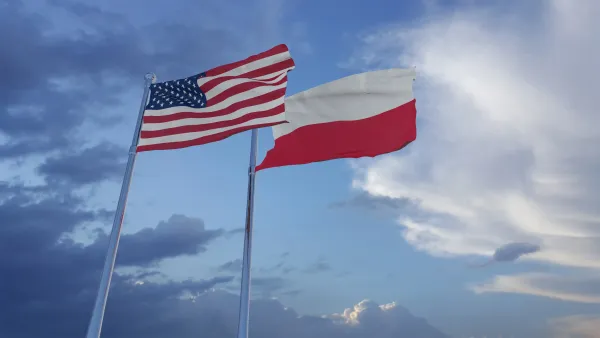
American claims on Greenland: where should Poland stand?
In Poland, many fear the country could be caught between two fires if the United States were to take concrete steps toward acquiring Greenland.
A collection of 83 posts

In Poland, many fear the country could be caught between two fires if the United States were to take concrete steps toward acquiring Greenland.
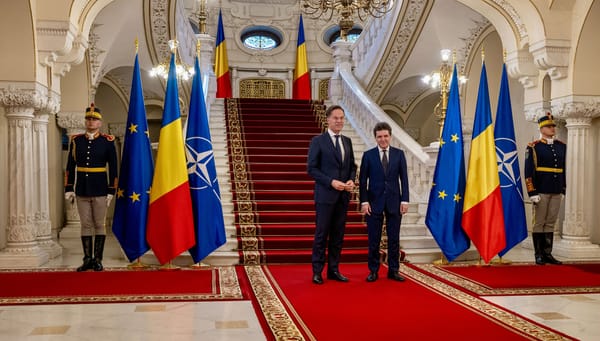
Romanian and NATO leaders held talks focusing on strengthening Romania’s security amid ongoing regional tensions.
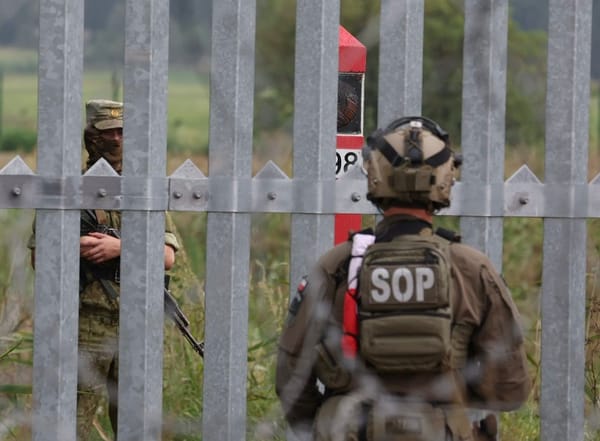
Von der Leyen's visits to frontline NATO states aims to deliver a message of solidarity while boosting Europe’s defence capacity, promoting joint procurement and galvanising industrial support through the EU’s SAFE mechanism.
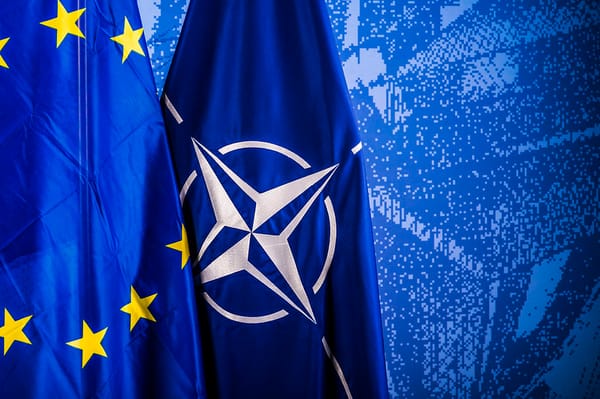
The alliance’s biggest spenders are all on the Eastern flank and neighbouring Russia, with Poland leading the pack (4.48%) ahead of Lithuania (4.0%), Latvia (3.73%), and Estonia (3.38%). The US is sixth at 3.22% of GDP.
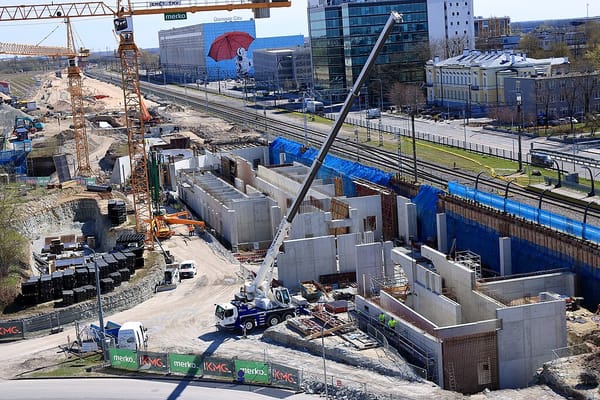
RB is the largest infrastructure project in the Baltics since independence, designed to connect Tallinn, north Estonia, Riga, north Latvia, and Vilnius, south-east Lithuania, to the European standard-gauge network. The railway has also been described as a NATO corridor.
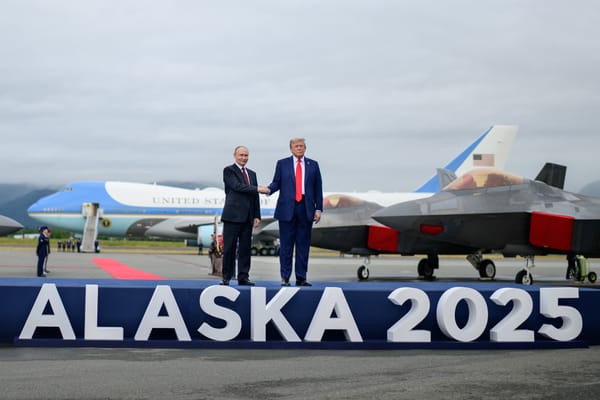
While Hungary and Slovakia welcomed the diplomatic efforts, fellow Visegrad Four members Poland and Czechia joined the Baltic states in rejecting any settlement that bypasses Ukrainian sovereignty.
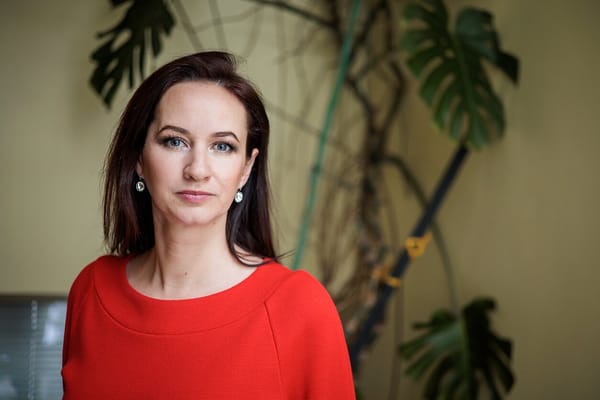
The 44-year-old former Lithuanian Trade Union Confederation chairwoman now awaits a parliamentary confidence vote to approve her cabinet and programme.
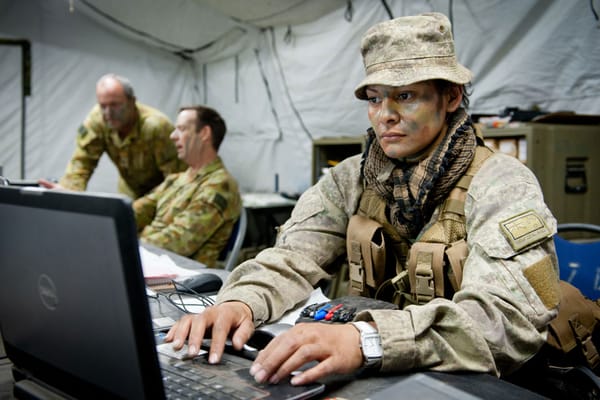
Romania’s 2024 presidential elections marked the first instance of a national vote annulled due to foreign interference within the EU, the European Commission noted. The episode has triggered renewed calls in the EU and NATO for enhanced cybersecurity capacity and democratic resilience across CEE.
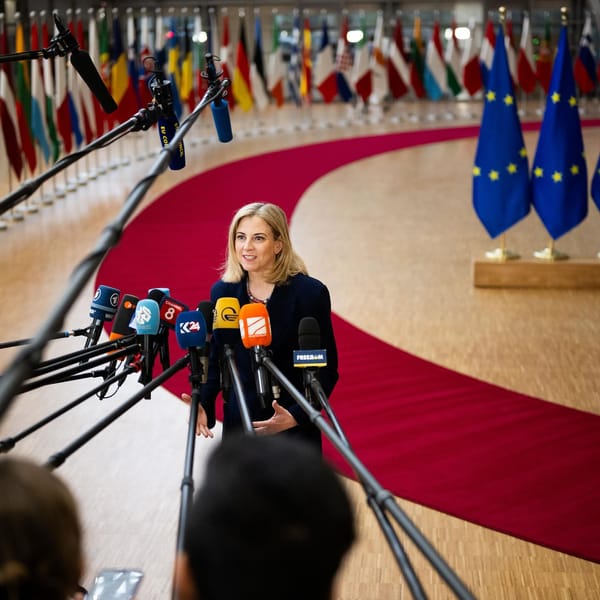
Finland and Sweden abandoned their long-standing neutrality and joined NATO in 2023 and 2024 respectively, citing heightened security threats from Russia. Austria, bordered by NATO members Czechia, Slovakia, Hungary and Slovenia, is increasingly the odd one out in Central Europe’s defence landscape.
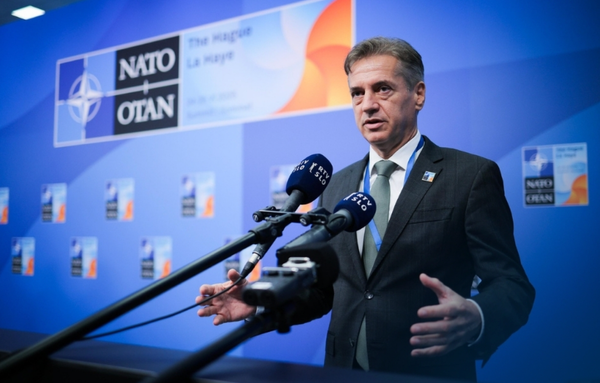
The Slovenian referendum cancellations should stabilise Golob’s coalition, ahead of national elections in 2026. However, the episode reflects wider unease across CEE, as rising military costs challenge domestic politics and expose diverging visions of NATO’s future.
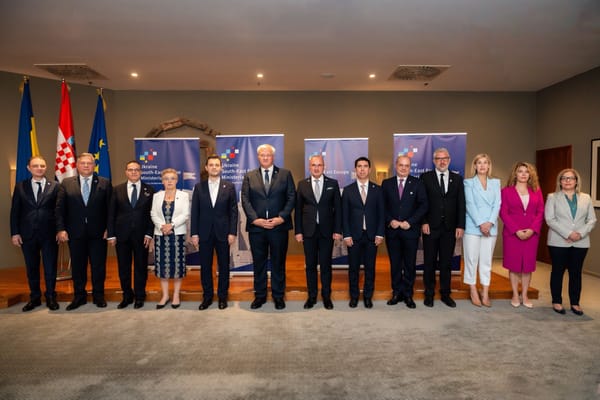
Serbia and Bulgaria did not sign the Dubrovnik declaration. Serbian President Aleksandar Vucic has maintained a policy of strategic ambiguity regarding NATO, while Bulgarian President Rumen Radev has voiced concerns about deepening military support for Ukraine.

The plan will build a new facility and upgrade two existing ones, investing around EUR 565mn. The project will ramp up Poland's annual production of NATO-standard 155 mm artillery shells from 30,000 to 180,000, and also increase manufacturing capacity for 120mm tank rounds and propellant components.
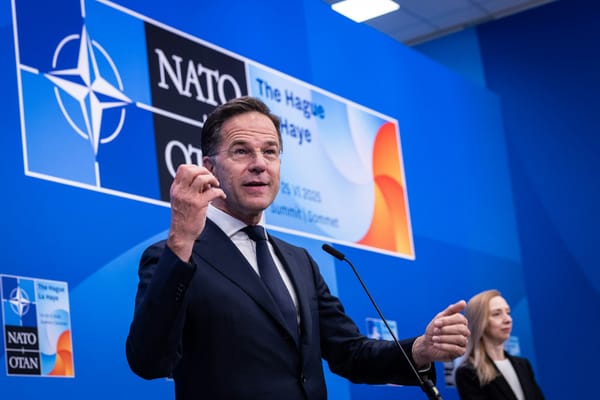
Under the Hague Investment Plan adopted on 25 June, NATO members committed to raise annual defence-related spending to 5% of GDP by 2035. The 5% comprises 3.5% on conventional military capability and 1.5% on infrastructure, cyber-defence and civil preparedness; including support for Ukraine. cet
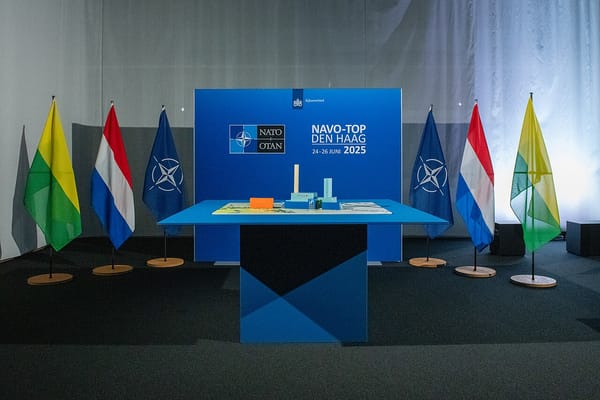
The People for Peace coalition, which includes left-aligned Dutch lawmakers and activists with prior ties to Russian disinformation networks, is expected to stage events near the World Forum venue and at key traffic corridors.
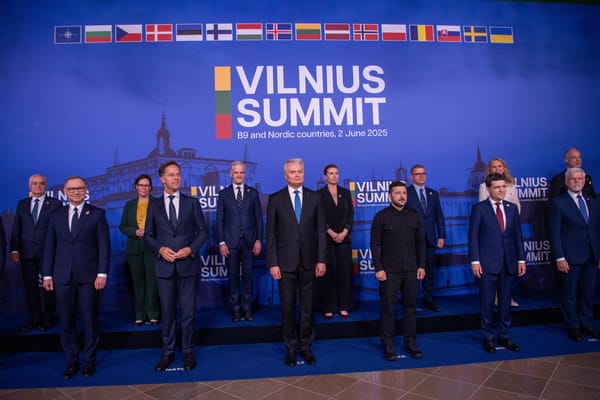
The summit reflected growing urgency in CEE ahead of the NATO meeting in The Hague scheduled from June 24-26. NATO Secretary General Mark Rutte said the meeting in The Hague would demonstrate the alliance’s commitment to collective defence.c